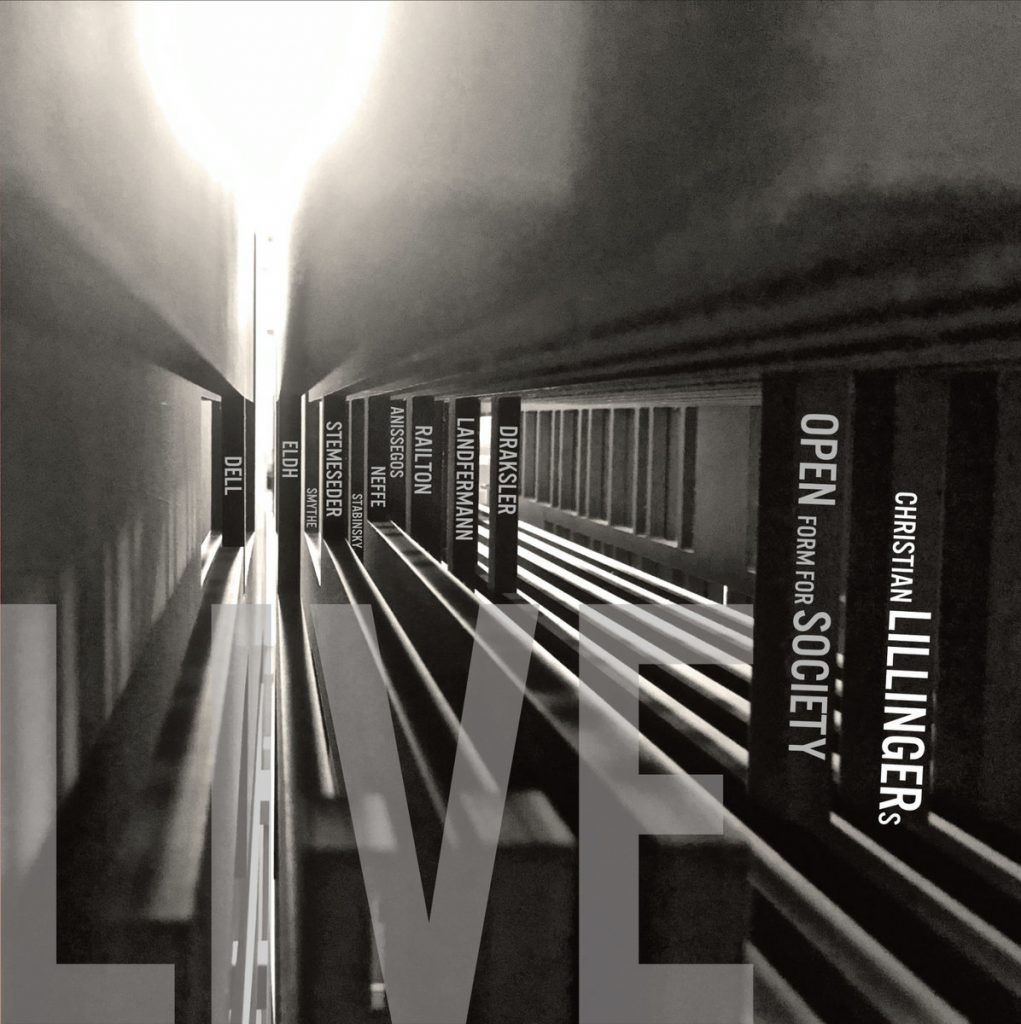
If you want your art to change the world, you have to think big. Sun Ra proposed extra-terrestrial solutions to the planet’s problems, and he warned the members of his Arkestra to not think of themselves simply as musicians; they were tone scientists. German drummer Christian Lillinger has similarly outsized ambitions. He conceived his Open Forms For Society project as not just a way to keep the sound of jazz moving forward, but to model for society at large a way of working that brings together the top thinkers from disparate disciplines, mix their ideas together and use critical thinking and high-end technical means to synthesize his concepts and their skills into work that resolves contemporary challenges.
The first manifestation of OFFS was an extraordinary, self-titled studio recording from last year. But at the end of the day, this collection of classical, improvising and electronic musicians is still a jazz band, so you have to bring it to the stage. Live shows what happens when you take a program of music that workshopped, recorded and reconfigured in post-production, and give it back to the musicians. The OFFS’s essential sound—an orchestral combination of acoustic and electronic pieces laid over a rhythmic approach that reconciles swinging, broken and looped-in-real-time grooves—is unchanged. But the tension that comes from having to keep this process going for nearly an hour gives the performances an undeniable charge.
The ensemble’s unusual configuration—three string players, three percussionists and five piano and/or synthesizer players—is designed to facilitate the layering of similar tones and complementary patterns. Lillinger’s musicians have a job similar to Ra’s; they must not only play their parts, but also understand how their contributions influence the outcome of a dynamic, collective endeavor. This music resolves its challenges so effectively that by Live‘s end, it sounds like its players really could teach the people appointed with solving climactic, geo-political or epidemiological concerns a thing of two.
—Bill Meyer





